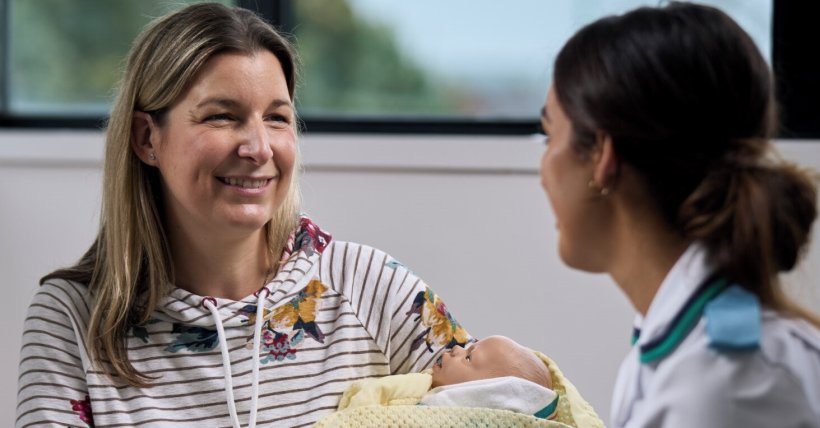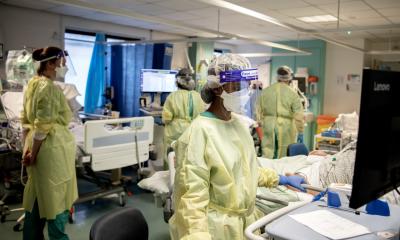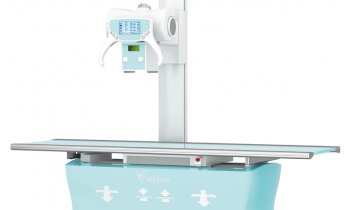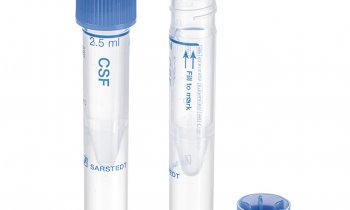
Image source: Queen's University Belfast
News • Clinical decision aids
Just a fever or sepsis? New way to treat babies without invasive tests
In the largest study of its kind in the UK, a research team from Queen’s University Belfast have discovered a new way to treat young babies who have a fever and could be at risk of sepsis or other serious bacterial infections.
The study, called the Febrile Infants Diagnostic assessment and Outcome study (FIDO), is a UK wide project which recruited nearly 2,000 babies from 35 hospitals. The FIDO study could prevent unnecessary stressful procedures, and hospital stays for babies and will also help prevent the overuse of antibiotics.
The research has been published in The Lancet eClinicalMedicine.
The FIDO study has clearly shown that we can safely identify a group of feverish infants that do not need painful lumbar puncture tests, powerful antibiotics and long and hospital stays
Thomas Waterfield
Young babies have underdeveloped immune systems which means they are at higher risk of serious bacterial infections and sepsis. Currently, in the UK any baby under three months of age with a fever will undergo blood and urine tests, a lumbar puncture (a needle into the spine to collect spinal fluid) and are given powerful intravenous (IV) antibiotics “just in case”. These tests can be stressful and, in many cases, require overnight hospital stays for babies.
Dr Thomas Waterfield, Chief Investigator on the study and Paediatric Emergency Medicine Consultant and Clinical Lecturer in Paediatrics at the Wellcome-Wolfson Institute for Experimental Medicine at Queen’s University Belfast, said: “The FIDO study has clearly shown that we can safely identify a group of feverish infants that do not need painful lumbar puncture tests, powerful antibiotics and long and hospital stays. Furthermore, parents have told us that they do not want us to always treat ‘just in case’ and if we can safely do less we should. Adopting a more tailored approach to care would bring us in line with Europe and USA and can reduce distress on children and their families.”
This new study found that simple routine blood tests such as C-reactive protein (CRP) and neutrophil cell counts could be used to identify the one out of five babies that can be safely cared for without powerful antibiotics or a painful lumbar puncture procedure. Follow up interviews with parents of the babies recruited to the study found that, where safe to do so, they preferred fewer investigations, fewer antibiotics and shorter hospital stays.
Clare Mills, laboratory lead on the study and Research Fellow at the Wellcome-Wolfson Institute for Experimental Medicine at Queen’s University Belfast, said: “This tailored approach to care is already common practice in many parts of Europe and the USA where they have access to a different blood test known as procalcitonin. Procalcitonin is not widely available in the UK and one of the key findings of the FIDO study was that tailored care can still be delivered without the need for expensive additional tests, such as procalcitonin.”
The study was funded by the Royal College of Emergency Medicine.
Source: Queen's University Belfast
10.12.2024











